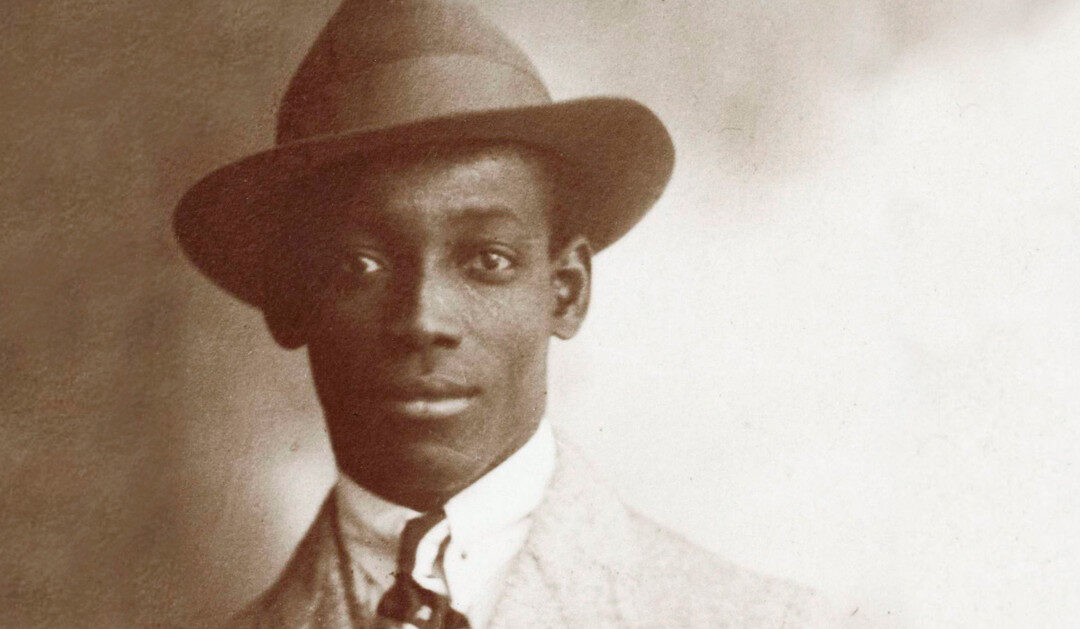Anton de Kom was a Surinamese Dutch writer and anti-colonialist activist who is known for his powerful works that gave voice to the struggles and experiences of people of color in the Netherlands and its colonies. Although he passed away in 1945, his influence can still be felt today, both in the Netherlands and the United States.
Anton de Kom wrote about injustices
De Kom was born in 1898 in Paramaribo, Suriname, which was then a Dutch colony. He was of mixed African, Indigenous, and European ancestry, and his writing reflected his experiences growing up in a society that was deeply divided along racial lines. In 1920, he moved to the Netherlands to study engineering, but he soon became involved in political activism and began writing about the injustices and inequalities faced by people of color in the Dutch colonies.
We Slaves of Suriname
One of de Kom’s most influential works is his book “We Slaves of Suriname” (Dutch title: Wij slaven van Suriname), which was published in 1934. The book is a powerful indictment of Dutch colonialism and the exploitation and oppression of the people of Suriname. It was one of the first books to give voice to the experiences and struggles of people of color in the Dutch empire and was a major influence on the anti-colonialist movements of the time.
Lasting impact
De Kom’s influence extended beyond the Netherlands and its colonies, and his work has had a lasting impact on the struggle for racial justice in the United States. In the 1960s, the Black Panther Party in the United States embraced de Kom’s ideas and writings as a way to understand the struggle against racism and imperialism. The party’s leader, Huey P. Newton, cited de Kom as an important influence on his thinking and credited him with helping to shape the party’s ideology.
Black Panther Party
In addition to his influence on the Black Panther Party, de Kom’s work has also been studied and celebrated by scholars and activists in the United States. His ideas about colonialism, racism, and the struggle for liberation continue to resonate with people who are fighting for social justice and equality.
Legacy of Anton de Kom
De Kom’s legacy is an important reminder of the power of literature and ideas to inspire and shape social movements. His work gave voice to those who were marginalized and oppressed, and his ideas continue to inspire people to fight for a more just and equitable world. In the United States, his influence can be seen in the struggles for racial justice and the ongoing efforts to dismantle systems of oppression and inequality.
Excerpt of We Slaves of Suriname
History has passed Mother Sranang by; three centuries of Dutch colonization have left her
interior untouched. Her river rapids power no engines; her fertile land is unsown, the rich treasures of
her forests unexploited; in abject poverty, in shabby ignorance, the wild tribes live amid a natural
bounty that goes to pointless waste.
Whites rarely venture into these wildernesses, where only the Indians and the forest negroes
know the way. Along the river courses, a discharged French soldier, a British rowdy, or a Dutch naturalist
sometimes penetrates the landscape. He plunges his knife into the white skin of the balata tree,
releasing its precious, milky sap. But the former soldier returns to the coast, the rowdy drinks himself to
death in a whisky haze by his lonesome campfire, the Dutchman is rowed back downriver by maroons in
a canoe; the wilderness is left behind, the wounds in the rubber trees scar over, and the deserted camp
is overgrown with creepers.
Of Dutch influence, Dutch energy, and Dutch civilization there is not a trace in the Surinamese
interior: not a road, not a bridge, not a house in which Dutch history is inscribed. The whites felt nothing
but fear in the face of that wilderness, in which their escaped slaves sought refuge. A pathetic, neglected
railway, which goes nowhere and was never completed, is the sole witness to a short, delusional dream
of gold.
Marcel Beijer is a Dutch writer who published his book Golden Mountains on Amazon. Read more about it here
It is available here.

